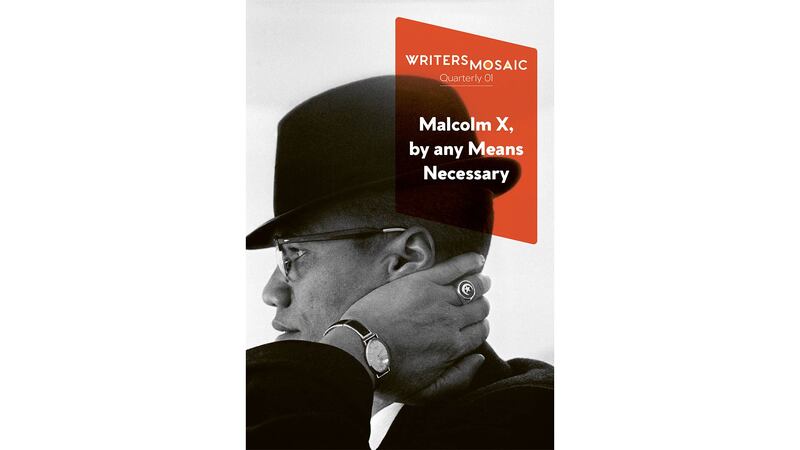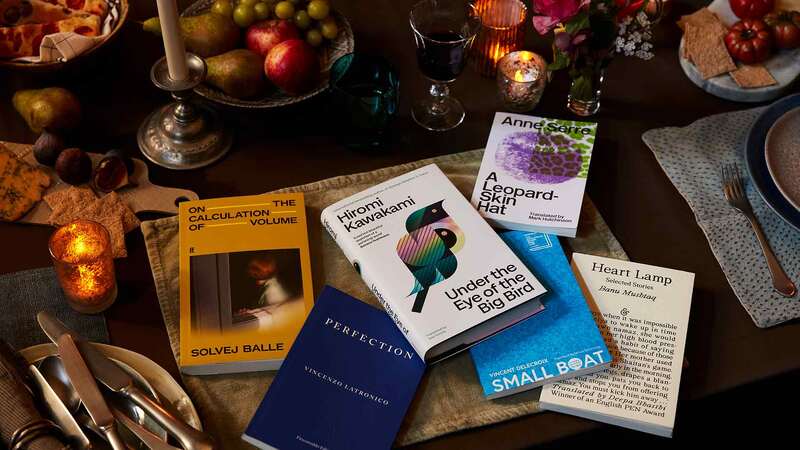You are viewing your 1 free article this month. Login to read more articles.
Authors Guild backs AAP’s Audible lawsuit
The Authors Guild is supporting the Association of American Publishers (AAP) as the organisation sues Amazon’s audiobook company Audible over a new speech-to-text feature.
Audible planned to rollout “Audible Captions” which allows US customers to read along to their audiobooks in September, a feature that AAP member companies Chronicle Books, Hachette Book Group, HarperCollins Publishers, Macmillan Publishing Group, Penguin Random House, Scholastic and Simon & Schuster say is a violation of copyright law.
The feature will transcribe a book’s audio to create a text that will run along side the narration. The suit seeks a preliminary injunction to stop the September launch after publishers saw demos of the programme. The suit argues it is illegal for Audible to launch the feature as it does not have permission from copyright holders to transcribe the audio and has not provided compensation.
Mary Rasenberger, executive director of the Authors Guild, said: "The Authors Guild strongly supports the lawsuit filed today by the Association of American Publishers (AAP) and seven of its publisher members against Audible to enjoin Audible from providing machine-generated text of literary works to its audiobook consumers. Without authorisation and in violation of its contracts with publishers, Audible added a text feature to its audiobooks. Text and audio are different book markets, and Audible is licensed only for audio. It has chosen to use its market power to force publishers’ hands by proceeding without permission in clear violation of copyright in the titles."
Among the titles listed in the complaint are books by Authors Guild president Doug Preston, past president Mary Pope Osborne, Authors Guild Foundation board member Lee Child and Authors Guild Advisory Council member Judy Blume.
Preston said: "My contract is crystal clear that the only rights conveyed to Audible are for voice recording and playback. The rights to reproduce text in any way are specifically withheld. I can’t believe that Audible has so little respect for authors, contractual promises, and copyright that it thinks it can just help itself to rights it doesn’t have, by fiat. There is a simple English word to describe this: and that is theft."
Child added: "I’m all in favour of anything that brings more stories to more people with more convenience, but I would much prefer a distributor knocked politely on the front door, rather than breaking in the back door."
In a statement Audible said it was "surprised and disappointed" by the lawsuit, which was filed on Friday 23rd August. Audible said: "This feature would allow such listeners to follow along with a few lines of machine-generated text as they listen to the audio performance. It is not and was never intended to be a book. We disagree with the claims that this violates any rights and look forward to working with publishers and members of the professional creative community to help them better understand the educational and accessibility benefits of this innovation.”
On its website, Audible stresses the feature "does not replicate or replace the print or eBook reading experience" and adds "text is displayed progressively, and only a few lines at a time, while audio is playing, and listeners cannot read at their own pace or flip through pages as they could with a print book or eBook. As Captions are computer-generated using automated technology, transcriptions are not an exact copy of the text, and errors may happen from time to time. Captions will be displayed only for audio that can be transcribed at a sufficiently high accuracy rate when requested by listeners."
















